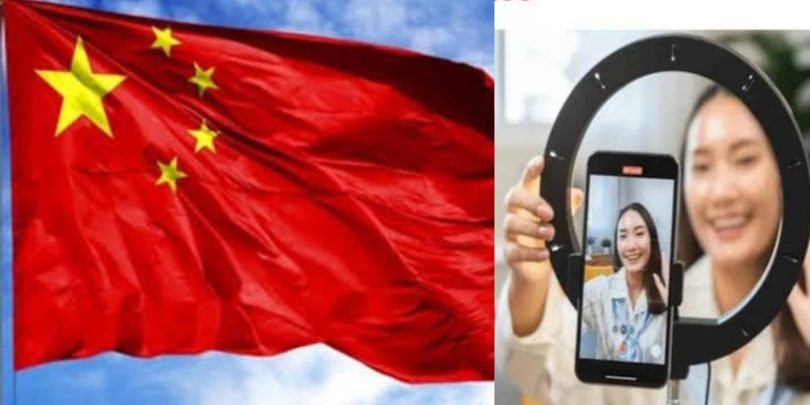China has rolled out a sweeping new regulation targeting online content creators.
Under the rule, which took effect on October 25, social-media influencers who discuss sensitive fields such as medicine, law, education, and finance must now show evidence of proper qualifications.
Officials from the Cyberspace Administration of China (CAC) say the policy was designed to reduce misinformation and protect citizens from harmful or misleading advice circulating online.
The new directive marks one of the country’s strongest attempts yet to regulate digital speech and enforce professional standards among content creators.
Platforms to verify creators’ credentials
Social-media platforms such as Douyin (China’s TikTok), Weibo, and Bilibili will play a central role in enforcing the rule.
They are now responsible for verifying influencers’ degrees, licenses, or certifications, and ensuring videos and posts include clear citations and disclaimers.
In practice, this means creators must clarify when a video relies on academic research or when a clip contains AI-generated material.
The platforms are also tasked with educating users about safe online behaviour and the risks of spreading unverified content.
Mixed reactions from critics and supporters
While the government describes the measure as a safeguard against fake news, critics argue it may suppress creativity and restrict freedom of expression.
They fear that defining who qualifies as an “expert” could allow authorities to silence independent voices or alternative viewpoints.
Supporters, however, say the move will improve accuracy in professional discussions online and prevent people from being misled by unqualified influencers.
They believe that requiring credentials will make digital spaces safer and more reliable, especially for health and financial information.

